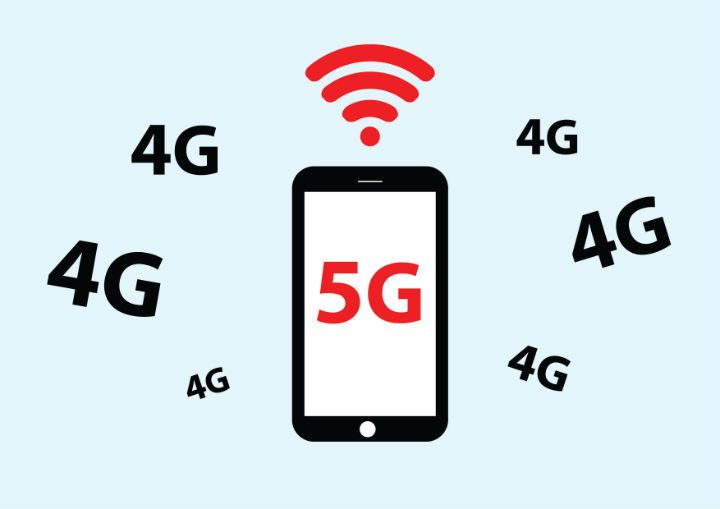To retrieve mobile IP addresses, a mobile 5G/LTE proxy connects to a cellular modem. The IP trust score of these proxies is quite good.
What is actually a mobile Proxy?
A mobile proxy works in the same way as other connections (data centre, residential, commercial, and enterprise), except it connects to a cellular carrier using a 5G (also known as LTE) cellular modem. Around the world, there are several cellular carriers. AT&T, Verizon, and T-Mobile are the most common in the United States. Each cellphone carrier has access to millions of IP addresses. This means that receiving the same IP address numerous times is extremely unlikely.
Do you know how proxy works?
It serves as a link between your internet-connected gadget and the websites you browse. Because of this distinction, it is referred to as “intermediary.” When a device connects to the internet, it receives a unique IP address, which you can disguise from the outside world by using a proxy. Checking your IP address can help you figure out whether you’re using a proxy.
Do you think why you need a mobile proxy?
In brief, mobile proxies are significantly easier to use because the IP addresses are the same as those used by regular users. There’s no need to be concerned about prohibitions on entire subnets of residential/datacenter IPs. The IP addresses from these proxies are highly valued by Instagram, Facebook, Snapchat, and Google Ads. For the most part, this means that accounts are used for significantly longer periods of time.
For more information visit: https://en.wikipedia.org/wiki/Proxy_server

